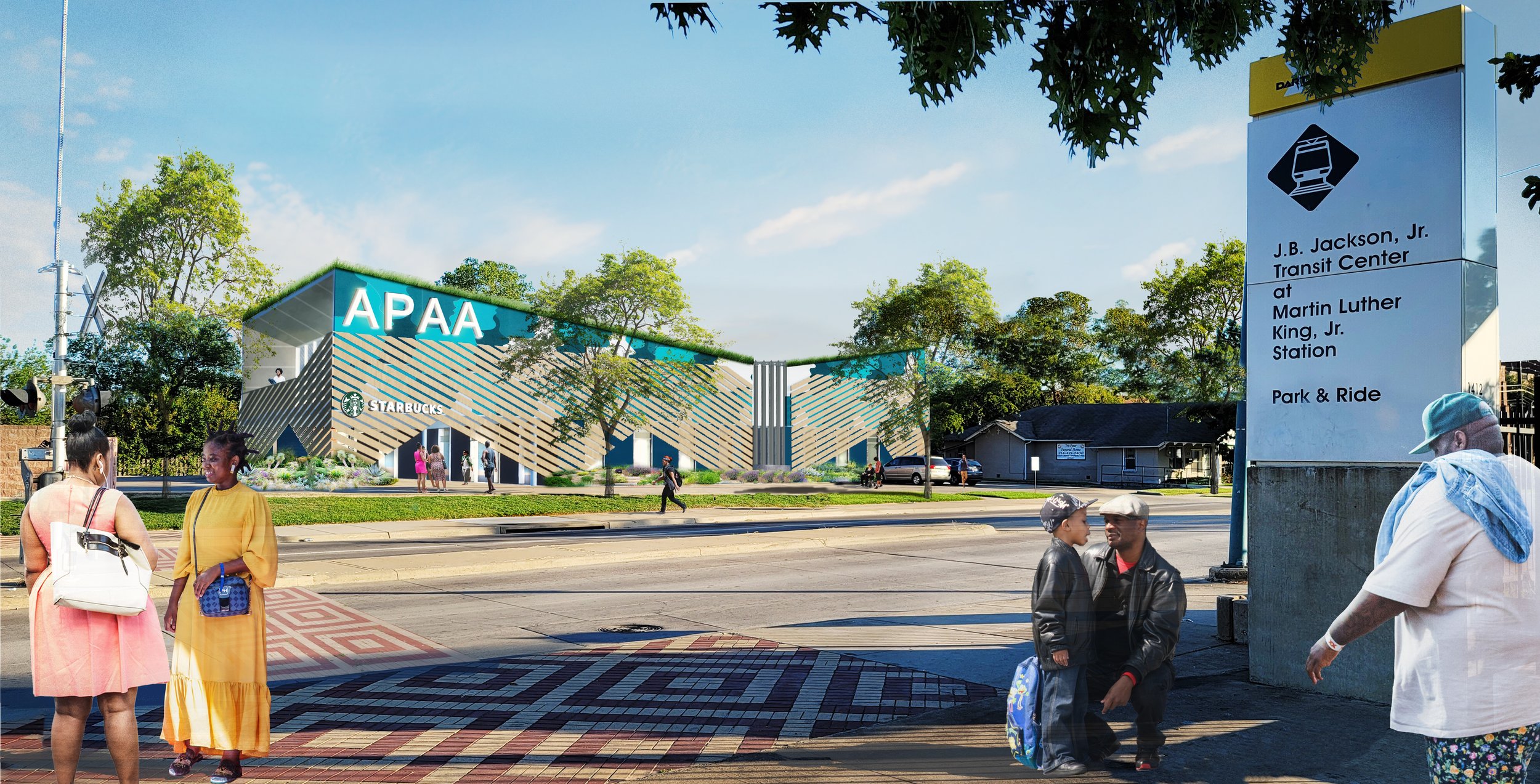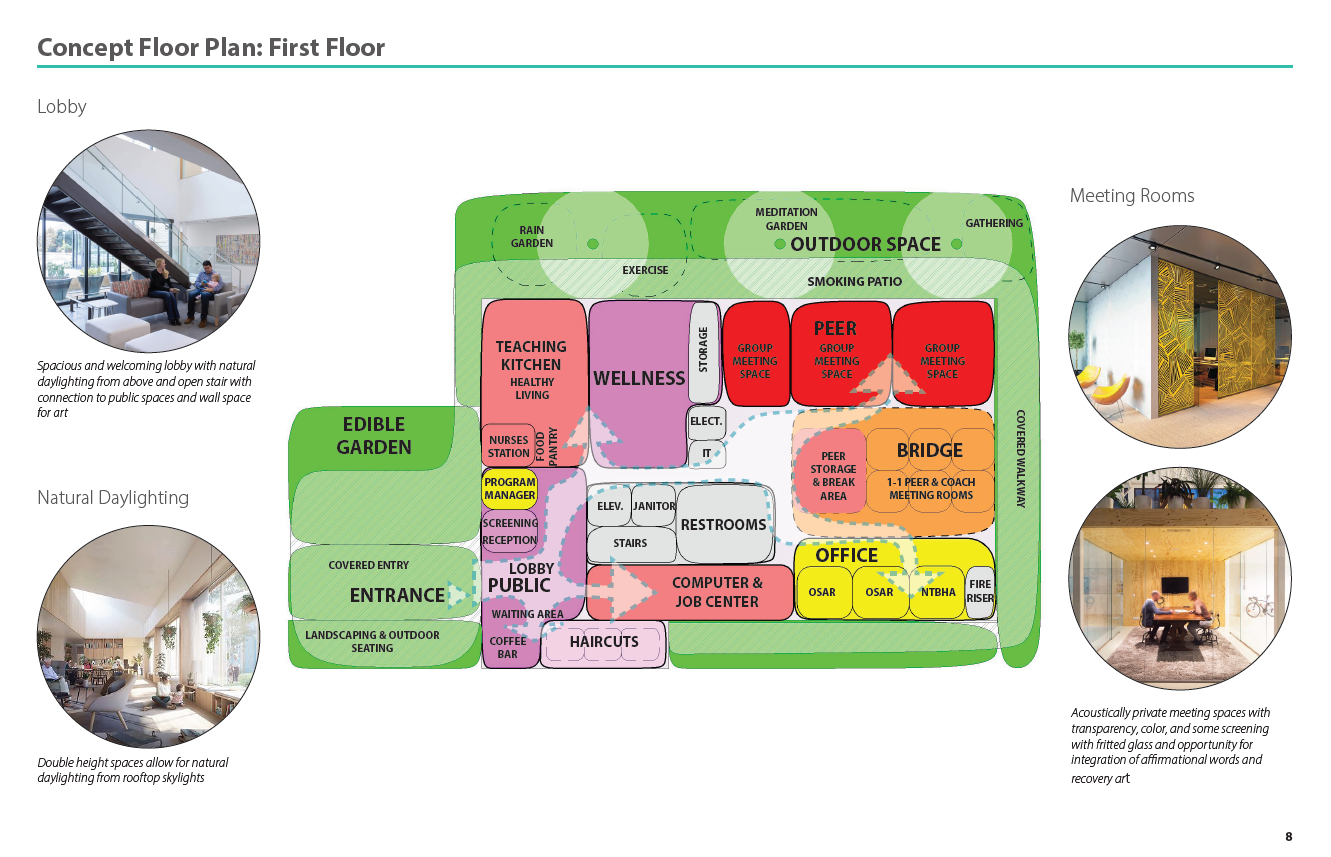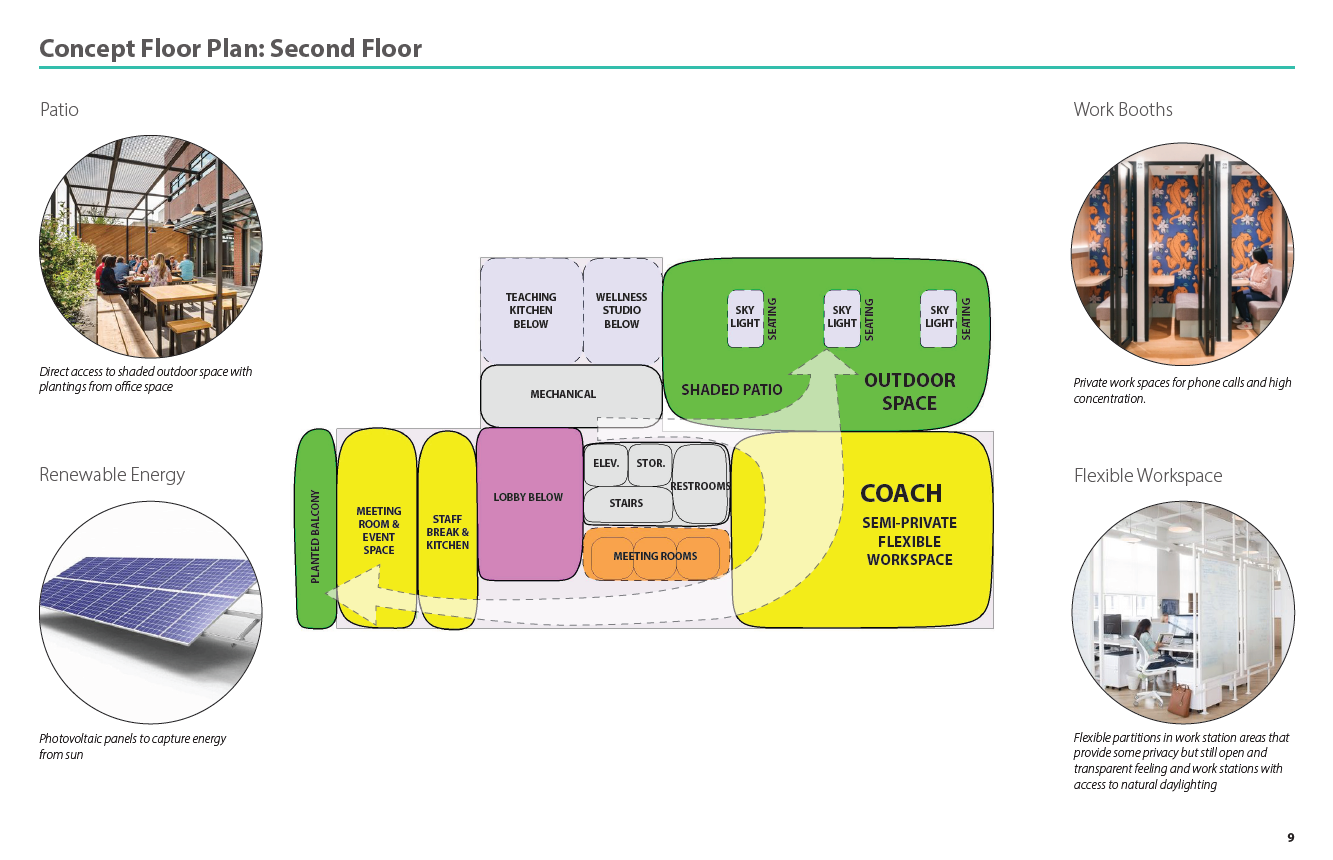


Together we can advance health, wellness, and recovery in Dallas!
It’s heartbreaking to think of the difficult choices faced by individuals seeking health, wellness, and recovery in South Dallas. Choosing between paying bills or seeking behavioral health services shouldn’t be a reality for anyone.
It’s even more challenging for those who are released from hospitals, treatment, or jail and have to navigate multiple public systems to access services. There’s already so much to worry about, and addiction and mental illness adds an even more difficult layer.
That’s why APAA is renovating its Recovery Community Center as part of its plan to increase our capacity to provide recovery support and a host of other behavioral health services.
The Reality
Access to behavioral health services has not kept pace with demand and individuals are relying on APAA’s resource-burdened community center to receive recovery support.
Currently, a high percentage of individuals from DFW cities:
Come to APAA for recovery support services on a regular basis
struggle with drugs and alcohol also deal with co-occurring with conditions like anxiety, depression, trauma, PTSD, bipolar, personality disorders and other mental health challenges, and
Are indigent or low-income with limited financial resources
The Solution
APAA’s new state-of-the-art facility will continue to serve as the heart center of our work - a place where individuals find and maintain recovery. Moreover, these renovations will allow APAA to remain anchored in its critically important southern Dallas location where it will include the following:
NURSES STATION
Resident nurse practitioners will perform exams and other primary care services.
COMMUNITY BEHAVIORAL HEALTH
Substance use and mental health education and support.
WELLNESS STUDIO
Free group fitness classes, including yoga, mat-based pilates, and tai chi.
LEGAL CLINIC
Free legal counsel and representation. Law students will gain practical legal experience under the supervision of APAA’s staff attorney. Representation will cover a variety of matters, including housing and homelessness, immigration, juvenile justice, domestic violence, workers’ rights and labor protections, eviction prevention, traffic violations, record corrections, and disability benefit appeals.
COMMUNITY GARDENS
A welcoming and therapeutic space with a trauma-informed design that promotes healing. This space will feature a beautifully landscaped design complete with garden beds and water features.
RECOVERY CAFÉ
The APAA café will include a specialty espresso and coffee bar nonprofit social enterprise that will feature full Starbucks food and beverage offerings, mobile ordering, seated Coffee Bar, and outdoor seating.
ENTRENUPRENUIAL/ JOB CENTER
Individuals will participate in employment readiness services: computers, career boards, adult literacy, résumés workshops, vocational skill development, and employment assistance.
COMMUNITY & GROUP SPACE
Expanded space for recovery support groups and health education.
PEER RECOVERY SUPPORT EXPANSION
Expanded, semi-private offices to serve individuals in a safe and welcoming environment.
KITCHEN & DINING
Includes a teaching kitchen with an adjacent open studio for demonstrations and hands-on learning about nutrition. To include new appliances, improved ventilation, kitchen efficiency and added storage for in-kind food donations.
BARBER SERVICES
Barber services offered by licensed Barbers.
The Facts
In 2023, APAA provided more than 6500 unduplicated recovery encounters, making it one of the busiest Recovery Community Organizations (RCO) in the U.S.
Many households in southern Dallas County are at or below 200% of the Federal Poverty Level and APAA is their only option for peer-to-peer recovery support.
Trauma, substance use and mental health challenges impact African American communities at higher rates.
Dallas-Fort Worth leads all U.S. metropolitan areas with 246 people arriving daily. As our population grows, we are seeing a disproportionate increase in growth among the most vulnerable.
“Because of recovery, I’ve been able to establish healthy relationships”
You Can Help!
Providing our most vulnerable neighbors access to the recovery services they need is critical. But we can’t do it alone; we need your help. You have the opportunity to provide individuals access to recovery support and so many other life-saving services that will be provided in the new Recovery Community Center.
Please consider making a gift to ensure the new Recovery Community Center can provide the quality, compassionate recovery support that everyone deserves. Recognition opportunities are available for gifts of $5,000 or more.


